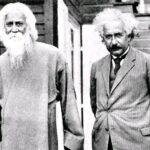
This historic meeting, held on July 14, 1930, brought together Einstein, the renowned physicist and Nobel Prize laureate in Physics (1921), and Tagore, the esteemed poet, philosopher, and Nobel Prize laureate in Literature (1913). Their dialogue explored profound ideas related to science, philosophy, consciousness, and the nature of reality.
Einstein, a scientist celebrated for his theory of relativity, emphasized the empirical methods of science and the importance of understanding the universe through measurable phenomena. Tagore, on the other hand, was a poet who valued the exploration of consciousness, art, and spiritual experiences. Their discussions centered on the relationship between objective reality, as studied through science, and subjective human experience, often described through poetry and philosophy.
One of the core topics in their conversation was the role of consciousness in shaping reality. Einstein argued that reality existed independently of human perception, while Tagore contended that our consciousness plays an integral part in defining the world around us. This dialogue symbolized a fusion of the scientific worldview with the philosophical and spiritual perspectives of the East.
Their meeting was not only a moment of intellectual exchange but also a symbolic intersection of Eastern and Western thought, illustrating how diverse perspectives can converge to deepen our understanding of existence.
The conversation was later published, providing insight into the minds of two extraordinary individuals who shaped the course of modern thought. It remains a timeless reflection on the intersection of science, philosophy, and consciousness, echoing the significance of dialogue across disciplines.


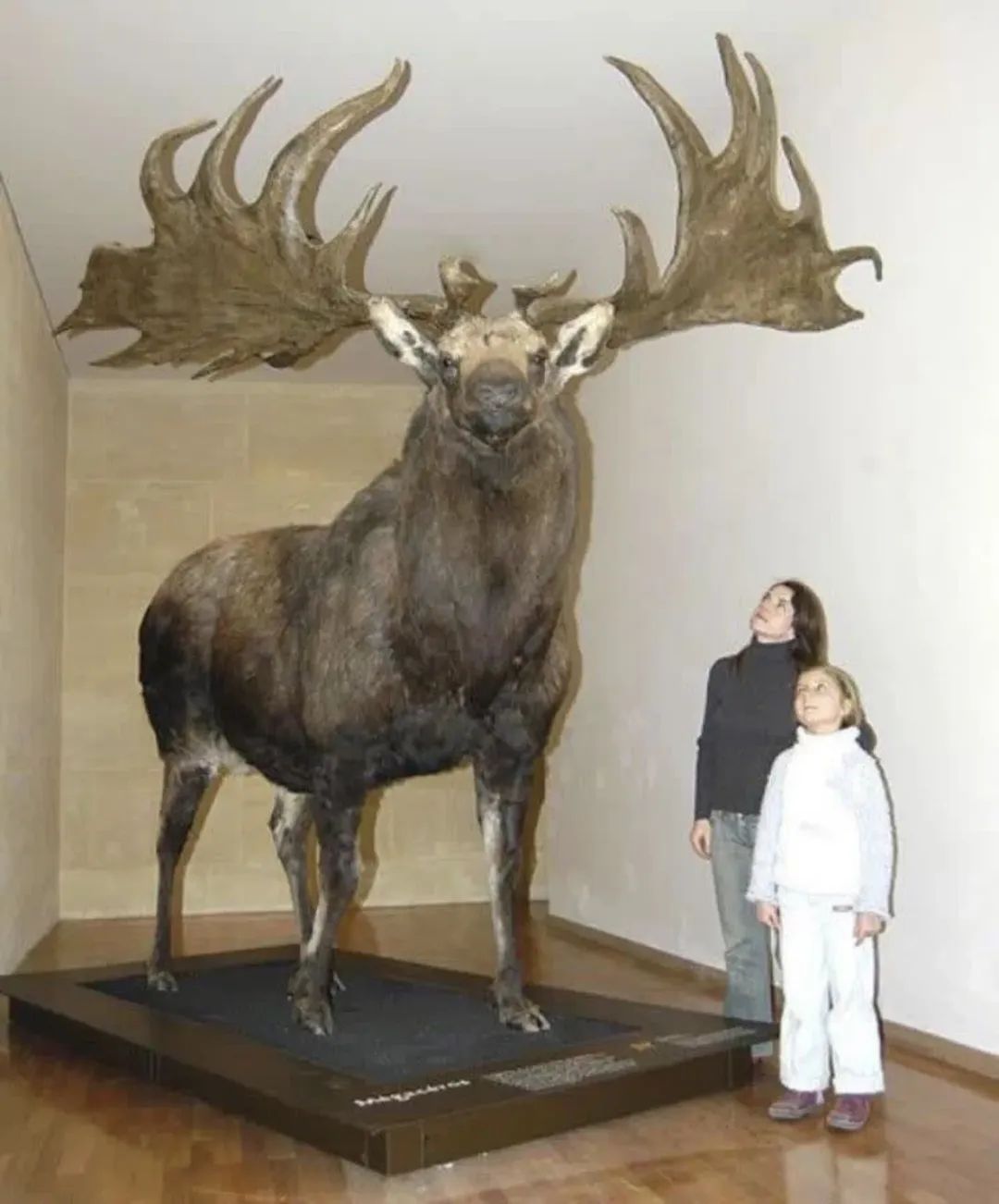
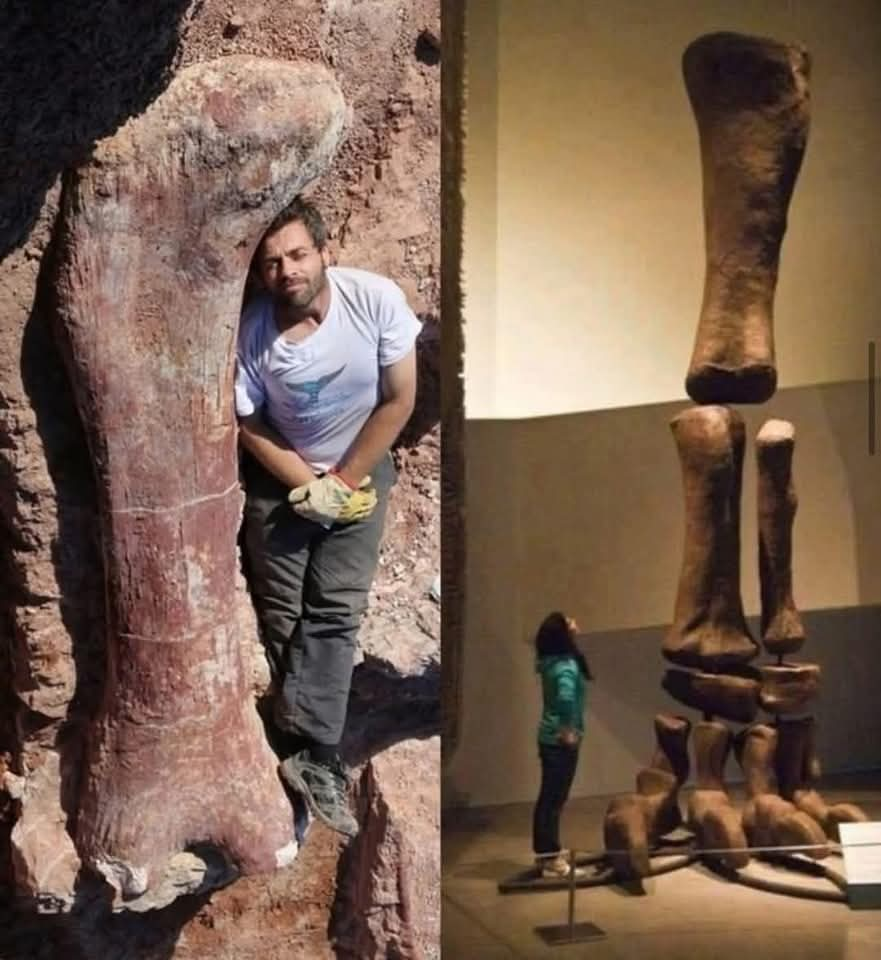
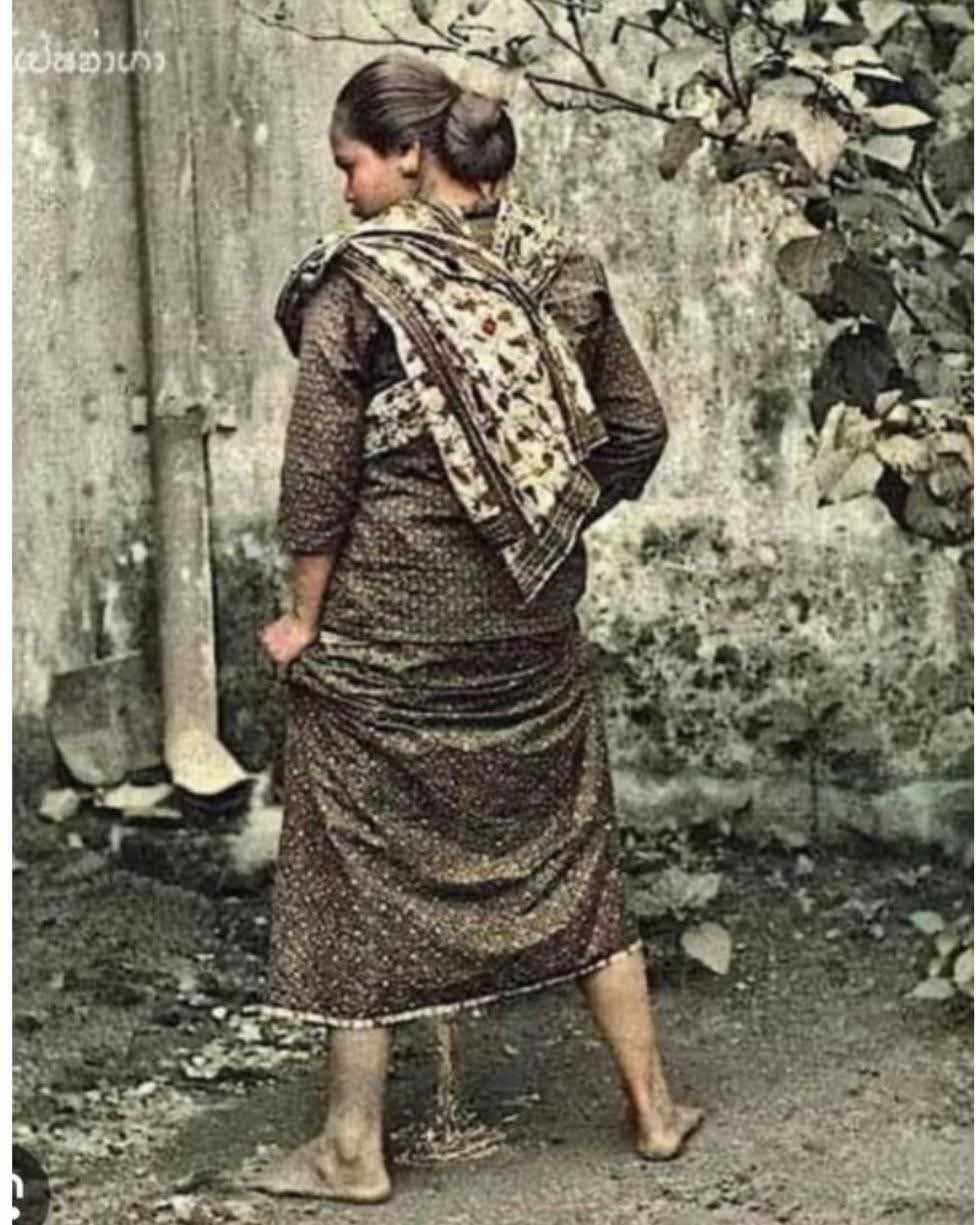

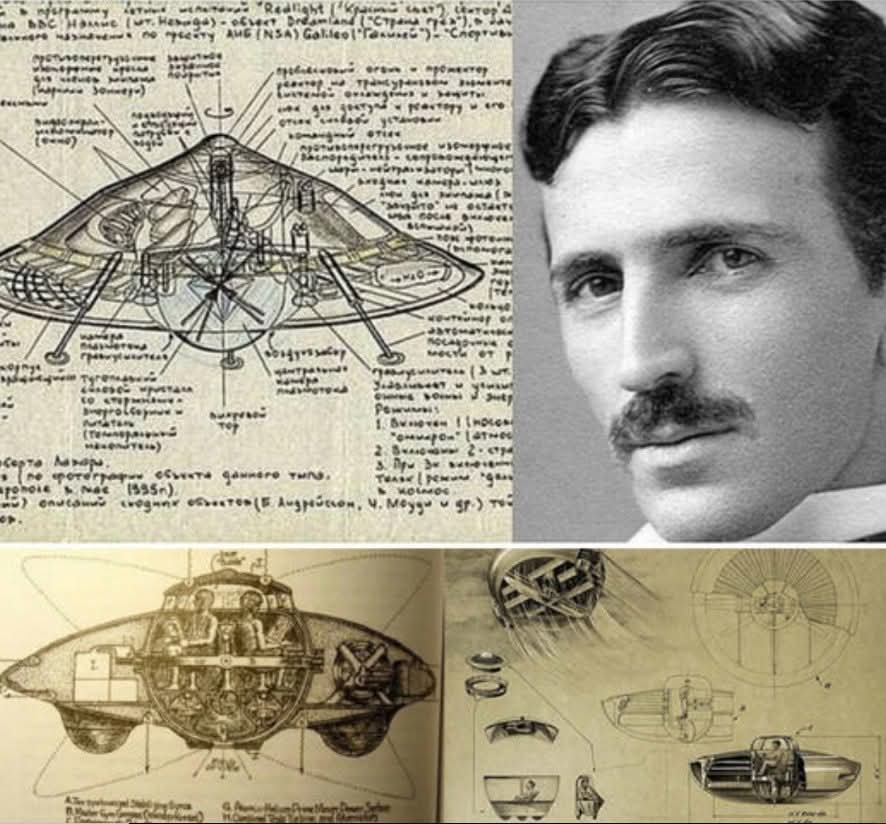
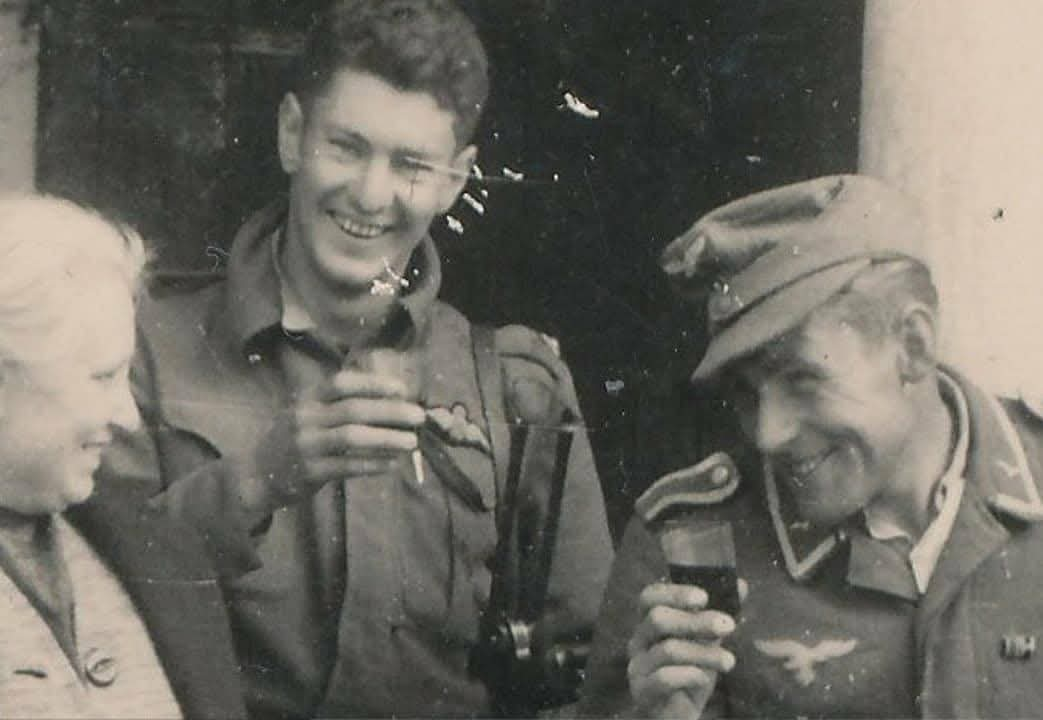
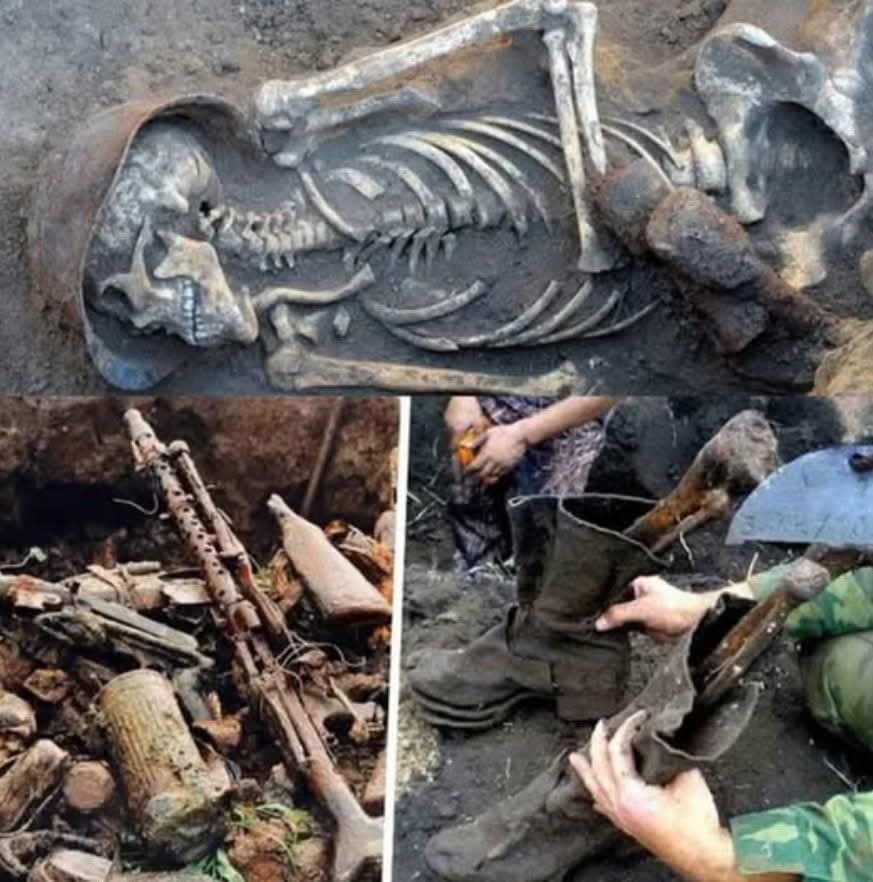

Leave a Reply